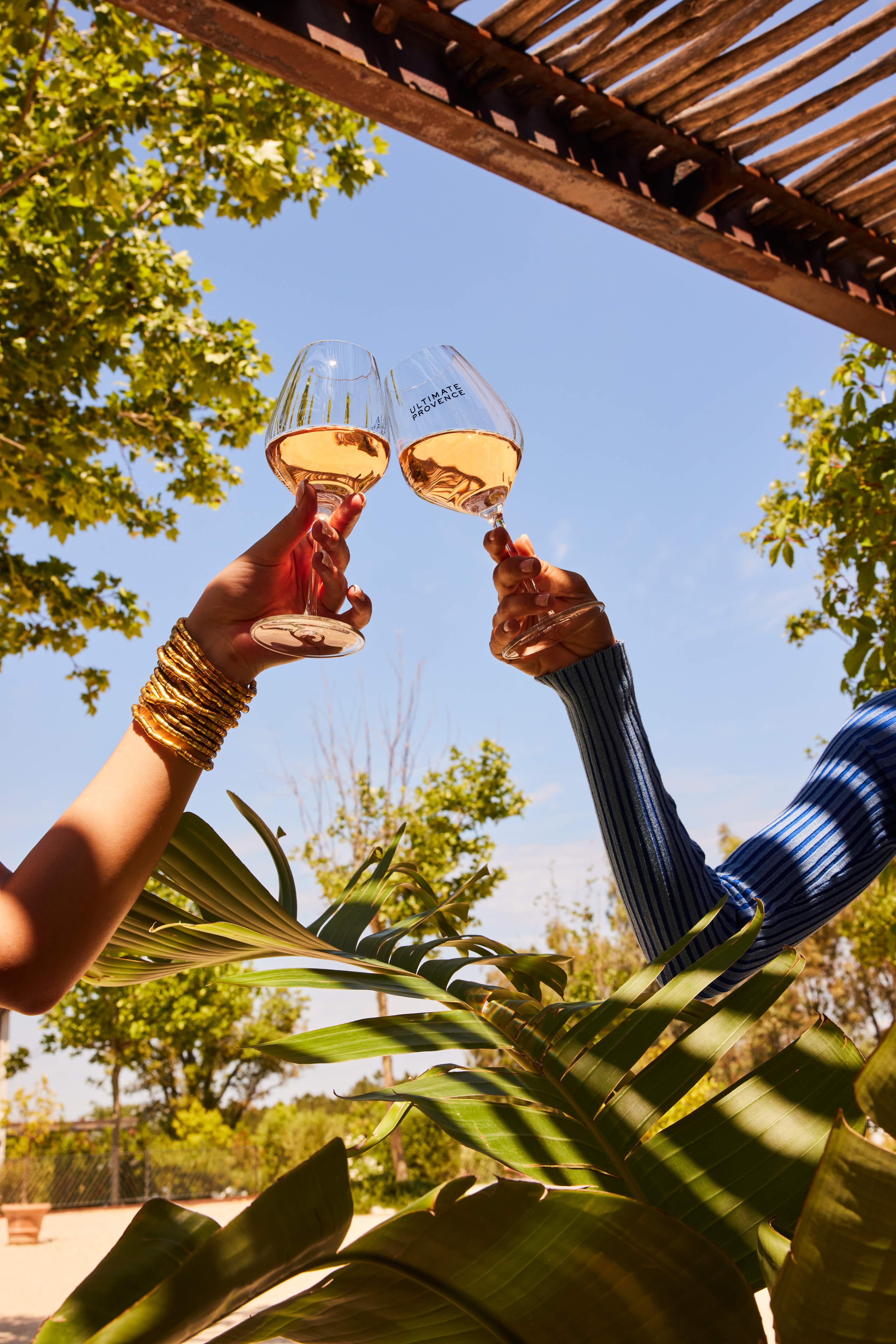France is famous for the diversity and quality of its rosé wines. Each region offers wines with distinct characteristics, influenced by the terroir, the grape varieties used and the winemaking methods. In this article, we will explore the different varieties of rosé wines available across the country, with a particular focus on the wines of Provence , including those of Berne Castle and Ultimate Provence .
Rosé wines from Provence
Provence is arguably the most iconic region in France when it comes to rosé wines. With its Mediterranean climate, it offers light and fruity wines, perfect for tasting in summer. The rosé wine from Provence are distinguished by their light, often pale color, which reflects their freshness and elegance.
Bern Castle
Château de Berne is one of the most famous rosé wine producers in Provence. Located in the heart of the region, this estate produces wines of exceptional quality. Their rosés are often characterized by delicate aromas of red fruits and citrus fruits, with a floral touch that adds to their complexity.
- Grape varieties used: Grenache, Cinsault , Syrah
- Winemaking method: Direct pressing and bleeding
- Tasting: Notes of strawberry, raspberry and white peach
- Food and wine pairing: Ideal with grilled meats and fresh salads
Ultimate Provence
Ultimate Provence is another gem of the region. This estate combines modernity and tradition to produce exceptional wines that seduce rosé lovers all over the world. Their bottles are distinguished as much by their elegant design as by the quality of the wine they contain.
- Grape varieties used: Grenache, Cinsault, Rolle
- Winemaking method: Low temperature fermentation
- Tasting: Aromas of watermelon, cherry and lavender
- Food and wine pairing: Perfect with seafood and Asian dishes
Rosé wines from other regions of France
Although Provence is the pioneer when it comes to rosé wines, other regions of France also offer high-quality wines. Let’s explore some of these renowned regions.
The rosé wines of Languedoc-Roussillon
Languedoc-Roussillon is a wine region located in the south of France. It is known for producing fresh and fruity rosé wines thanks to its ideal climatic conditions. Rosé wines from this region are often more intense in color than those from Provence.
- Grape varieties used: Grenache, Syrah, Mourvèdre
- Features : Powerful and full-bodied wine
- Tasting notes: Ripe red fruits, spices
Rosé wines from the Loire
The Loire Valley is another important region for rosé wines in France. This region produces lighter, acidic wines that are perfect for pairing with fine dining. The majority of Loire wines are made from the Cabernet Franc grape, which offers unique herbal notes.
- Grape varieties used: Cabernet Franc, Grolleau
- Features : Lively acidity, finesse
- Tasting notes: Redcurrant, green pepper, minerality
Factors influencing the color and flavor of rosé wines
Several elements determine the color and flavor of rosé wines in France. Here are some of the most important factors:
Grape variety and terroir
The choice of grape varieties and the terroir play a crucial role in defining the characteristics of a rosé wine. For example, Grenache will produce fruitier wines while Syrah will bring spicy notes. Similarly, the soil and climate will have a significant impact on the flavor and aroma of the wine.
Winemaking methods
The winemaking method used to produce rosé wine strongly influences its sensory profile. There are mainly three techniques:
- Direct pressing: The grapes are pressed immediately after harvest, producing very light rosé wines.
- Bleeding: Some of the juice is removed early in the red wine making process, giving it a darker hue and a more pronounced tannic structure.
- Assembly : A mixture of white wine and red wine, but this technique is not very common in France.
Current trends in global consumption of rosé wines
The popularity of rosé wines continues to grow worldwide. Their versatility makes them a drink of choice for various occasions and meals. Let’s analyze some of the key trends:
Increased demand
Rosé wine consumption has been increasing rapidly in recent years, particularly among young adults. This rise in popularity can be attributed to several factors, including its ease of drinking and ability to pair with a variety of foods.
Evolution of rosé styles
Rosé wine styles are evolving to meet consumer preferences. There is a trend toward less sweet and drier wines, reflecting a preference for more complex and refreshing flavor profiles.
Diversity of proposals
Producers are constantly innovating to offer an increased diversity of rosé wines, using many grape varieties and winemaking techniques. This makes it possible to meet a wide range of tastes and preferences, while highlighting the richness of French terroirs.









